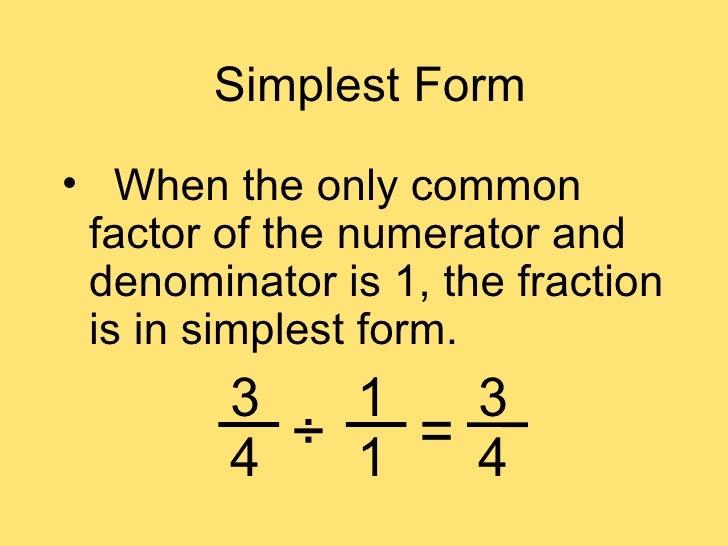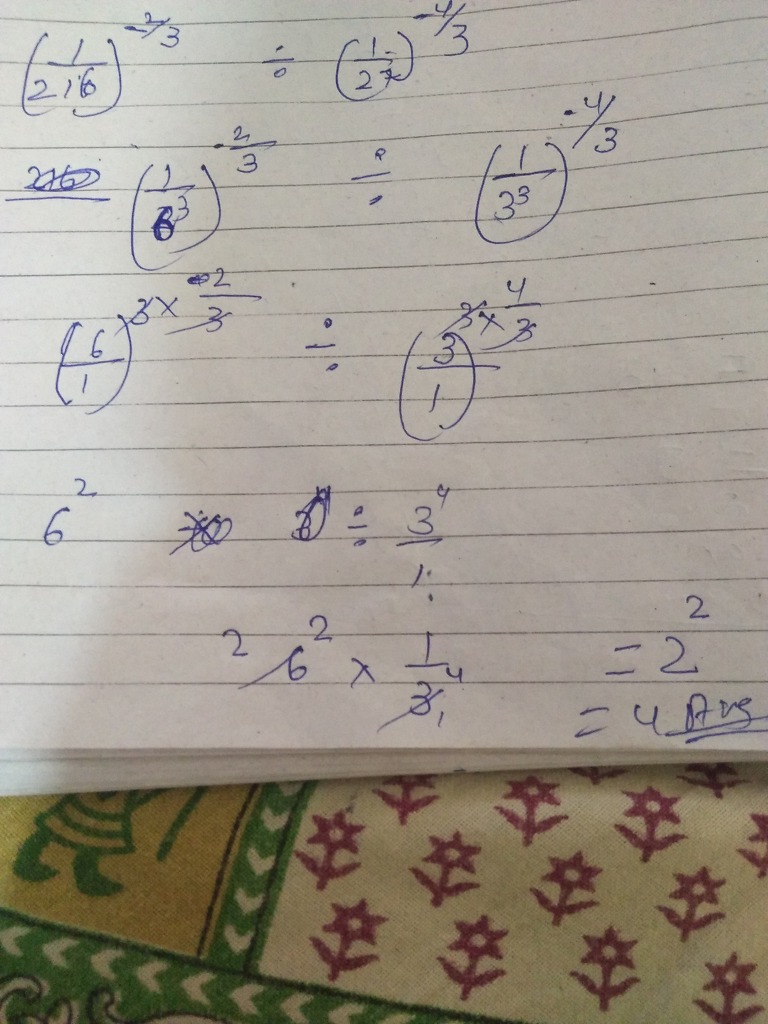4/3 Simplified As A Mixed Number

How Many Lines Of Symmetry Does A Trapezoid Have, Lines of symmetry of an isosceles trapezium, 6.61 MB, 04:49, 2,448, Doubtnut, 2020-01-19T07:33:30.000000Z, 19, Properties of a trapezium or trapezoid (math facts) | Owlcation, hubpages.com, 1108 x 1200, jpeg, trapezium trapezoid symmetry lines properties many math does facts area line shape sides side holes parallel isosceles toppr pair questions, 20, how-many-lines-of-symmetry-does-a-trapezoid-have, KAMPION
Enter as 1 1/2 which is one and one half or 25 3/32 which is twenty five and three thirty seconds. Keep exactly one space between the whole number and fraction and use a forward slash to input fractions. You can enter up to 3 digits in length for each whole number, numerator or denominator (123 456/789). Convert 4/3 as a mixed number.
Divide the numerator by the denominator. 4 ÷ 3 = 1 with a remainder of 1. Write down the whole number 1 and then write down the remainder as new numerator (1) above the denominator (3), as. 4/3 as a decimal and mixed number expansion provides the detailed information about what is 4/3 in decimal and mixed number form, and the answer with steps help students to easily understand how it is being calculated. 4/3 as a decimal expansion 4/3 = 1. 3333 hence, 4/3 as a decimal equals to 1. 3333 where, 4/3 is a given fraction, 4 / 3 is already in the simplest form. It can be written as 1. 333333 in decimal form (rounded to 6 decimal places). Steps to simplifying fractions. Find the gcd (or hcf) of numerator and denominator gcd of 4 and 3 is 1;
4.2 and 4.3 irrational numbers and simplifying radicals

4.2 and 4.3 irrational numbers and simplifying radicals

4.2 and 4.3 irrational numbers and simplifying radicals

4.3 simplifying fractions

4.2 and 4.3 irrational numbers and simplifying radicals

2 3 5 6 / *Simplify: 2/3 + (4/3 / 3/5) - 5/6 x 2/15=? - YouTube - A

simplify - (1/216) -2/3 divided by (1/27) -4/3 - Math - Exponents of

4.2 and 4.3 irrational numbers and simplifying radicals

4.2 and 4.3 irrational numbers and simplifying radicals

4.2 and 4.3 irrational numbers and simplifying radicals

Komentar
Posting Komentar